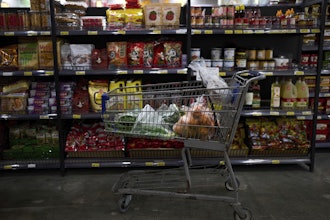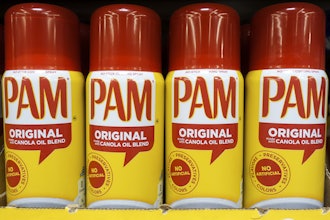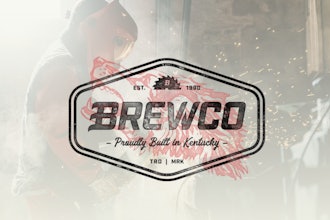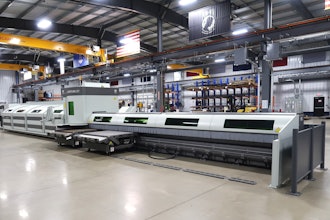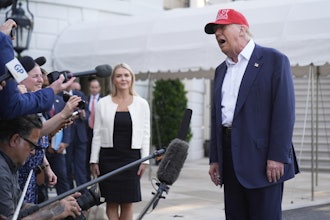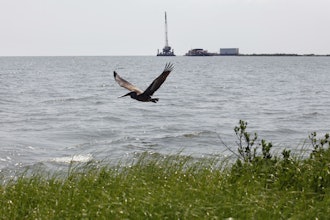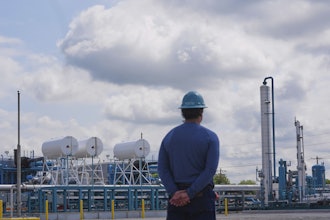SAN ANTONIO (AP) -- The U.S. Agriculture Secretary Tuesday defended American meat as safe to eat after thousands of people in South Korea protested plans to resume U.S. beef imports.
''I certainly feel comfortable in assuring the consumers in the United States, as well as abroad, that this product is as safe as safe can be,'' said Agriculture Secretary Ed Schafer. ''We want to certainly assure our consumers here in the United States, as well as our consumers outside of the U.S. in foreign countries, that we provide a good, clean, safe, abundant food supply here.''
Schafer was in Texas with Food Safety and Inspection Service administrator Al Almanza to tour beef slaughter and processing facilities.
The visit came the same day that about 80,000 protesters demonstrated in Seoul, South Korea, against the planned resumption of U.S. beef imports. The entire Cabinet offered to resign in the uproar over the resumed imports.
The South Korean government agreed in April to lift almost all restrictions that had been previously imposed on imports of U.S. beef over fears of mad cow disease. Protesters have been demanding for weeks that the government scrap or renegotiate the beef deal amid perceptions it did not do enough to protect citizens.
''The whole South Korea thing is hard to understand because their concept is, Americans don't eat our own beef, and certainly we do,'' Schafer said.
The agriculture secretary described the U.S. food supply as ''the safest in the world,'' although he said the country does have incidents ''once in a while, and we get through them.''
In May, Schafer said the U.S. Agriculture Department was beginning work on a rule that would ban the slaughter of cows too sick or weak to stand. The rule would shut down an exception allowing a small number of so-called ''downer'' cattle into the food supply if they pass veterinary inspection.
They are already mostly banned from slaughter, but under current rules can be allowed in if they fall down after passing an initial veterinary inspection, and then are re-inspected and pass that second inspection, too.
''I have made the decision to eliminate any downer cows for any reason going into the facility,'' Schafer said Tuesday.










